Hotel Slip and Fall: Legal Responsibilities and Guest Rights
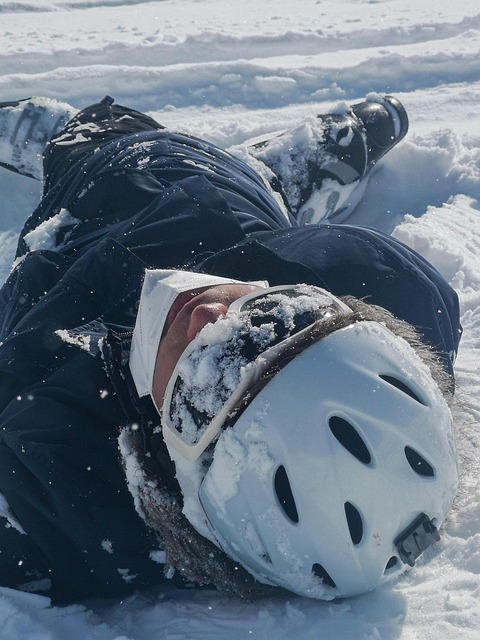
Hotel slip and fall incidents pose significant safety and legal risks, with liability determined by…….
In the dynamic world of hospitality, ensuring guest safety is paramount for hotels and accommodation providers. Among various critical health and security concerns, “hotel slip and fall” incidents have emerged as a significant area of focus, both legally and operationally. This comprehensive article aims to delve into the multifaceted issue of hotel slip and falls, exploring its definition, global impact, economic implications, technological solutions, regulatory frameworks, challenges, and future prospects. By the end, readers will gain valuable insights into this critical aspect of the hospitality industry, understanding the complexities, opportunities, and strategies surrounding slip and fall prevention in hotels worldwide.
Definition: Hotel slip and fall refers to incidents where guests or visitors sustain injuries due to accidental slips, trips, or falls on a hotel property. These incidents can occur in various settings, including public areas, corridors, bathrooms, swimming pools, and even rooms. The core elements involve identifying and mitigating risks related to flooring, lighting, maintenance, and other environmental factors that contribute to these accidents.
Historical Context: The concept of slip and fall liability in hotels has evolved over time, driven by changes in legislation, consumer expectations, and technological advancements. In the past, hotels primarily focused on structural integrity and basic safety standards. However, with the rise of personal injury litigation and increased awareness of guest rights, hoteliers began to pay closer attention to preventing and documenting slip and fall incidents. The latter half of the 20th century saw a surge in legal cases related to these accidents, leading to more stringent regulations and industry-wide efforts to enhance safety standards.
Significance: Hotel slip and falls have significant implications for both guests and hotel management. For guests, these incidents can result in physical injuries, emotional distress, and financial burdens. For hotels, they pose potential legal risks, damage reputation, and may lead to substantial financial settlements. Therefore, understanding and effectively managing slip and fall risks are essential for maintaining guest safety, ensuring business continuity, and upholding the hospitality industry’s ethical standards.
Hotel slip and falls are a universal concern, but their impact varies across regions due to differences in climate, infrastructure, cultural norms, and legal frameworks. Here’s a global perspective:
The economic impact of hotel slip and falls is multifaceted, influencing various sectors within the hospitality industry:
| Economic Aspect | Description |
|---|---|
| Market Dynamics | Slip and fall incidents can affect a hotel’s market position, particularly its reputation. Negative publicity or poor online reviews may deter potential guests, impacting occupancy rates and revenue. |
| Investment Patterns | Hotels often invest in safety upgrades to mitigate risks and protect their assets. This includes improving flooring, lighting, and maintenance systems, as well as implementing advanced surveillance technologies. |
| Liability Costs | Legal settlements related to slip and fall cases can be substantial, especially in regions with strict liability laws. Hotels must factor these costs into their operational budgets and insurance coverage. |
| Insurance Coverage | Insurers often charge higher premiums for hotels with a history of slip and fall incidents or those located in areas prone to such accidents. Adequate insurance is crucial for managing financial risks. |
| Tourism Industry Impact | Safety concerns related to hotel slip and falls may influence travel decisions, particularly for international tourists who rely on reliable information regarding destination safety. |
Technology plays a pivotal role in enhancing hotel safety and addressing slip and fall risks:
Government regulations play a critical role in shaping hotel slip and fall management practices:
Despite significant progress, the hotel slip and fall landscape faces several challenges:
Proposed Solutions:
Case Study 1: The Grand Hotel, USA
The Grand Hotel in Michigan implemented a comprehensive slip and fall prevention program after experiencing several high-profile incidents. They invested in advanced surveillance cameras, retrofitted public areas with non-slip flooring, and introduced mandatory training programs for staff. As a result, the hotel saw a 50% reduction in slip and fall injuries over two years and received positive feedback from guests regarding improved safety measures.
Case Study 2: The Ritz-Carlton, Dubai
Recognizing the unique challenges of their desert location, The Ritz-Carlton in Dubai adopted an innovative approach. They installed smart flooring that activated warning signals when moisture was detected, complemented by automated sand removal systems in outdoor areas. These measures significantly reduced slip and fall incidents during peak summer months, showcasing the effectiveness of tailored solutions.
Case Study 3: Hotel de Paris, Monaco
Hotel de Paris addressed slip and fall concerns by integrating AI-powered risk assessment tools into their property management system. The technology analyzed guest feedback and identified areas with higher incident rates. Consequently, they implemented targeted improvements, such as adding non-slip mats in high-risk corridors, resulting in a 30% decrease in reported incidents within six months.
The hotel slip and fall landscape is poised for significant growth and transformation, driven by technological innovations, evolving legal frameworks, and shifting guest expectations:
Hotel slip and fall management is a dynamic field that demands continuous adaptation and innovation. As the hospitality industry evolves, addressing these incidents becomes increasingly critical for ensuring guest well-being, protecting hotel assets, and maintaining competitive advantage. By embracing technological advancements, staying informed about legal developments, and implementing proactive safety strategies, hotels can navigate this complex landscape effectively.
Q: How do I know if a hotel is taking slip and fall incidents seriously?
A: Look for signs of comprehensive risk management, including advanced safety technologies, staff training, and clear guest communication about safety protocols. Positive online reviews regarding safety from previous guests are also indicators.
Q: Are there legal protections for hotels facing slip and fall lawsuits?
A: Yes, many jurisdictions offer “safe harbor” provisions or immunity for hotels that adhere to established safety standards and industry best practices. However, these laws vary widely, so seeking legal counsel is essential.
Q: Can technology replace human oversight in slip and fall prevention?
A: While technology can enhance safety significantly, it should complement human oversight rather than replace it entirely. Human staff remain crucial for monitoring, responding to incidents promptly, and providing personalized assistance.
Q: How do I educate myself about potential hazards before staying at a hotel?
A: Hotels often provide guest safety guides or information on their websites. You can also check online reviews for insights from previous guests regarding safety measures and incident experiences.
Q: Are slip and fall incidents more common in certain types of hotels?
A: Yes, some factors increase the risk, including older properties with outdated infrastructure, high-traffic areas, and regions with extreme weather conditions. However, modern hotels of any category can still experience these incidents due to human error or exceptional circumstances.

Hotel slip and fall incidents pose significant safety and legal risks, with liability determined by…….

After a hotel slip and fall accident, understanding legal rights is crucial. Hotels have a duty of c…….

Hotel slip and fall incidents are common and can cause serious injuries. Guests should be aware of p…….
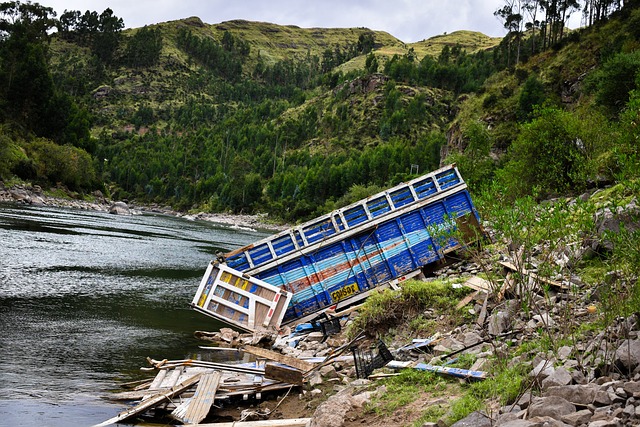
Hotel slip and fall accidents stem from inadequate floor maintenance, lobby design flaws, and legal…….

Hotel slip and fall incidents are a serious concern for travelers, leading to injuries or traumatic…….
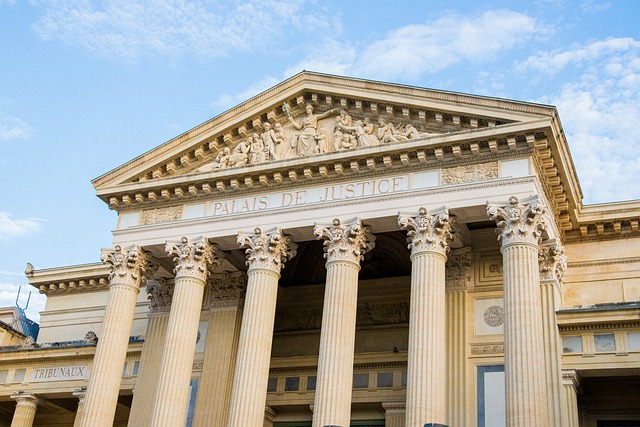
Hotel slip and fall incidents are common but can lead to severe injuries due to negligence like poor…….
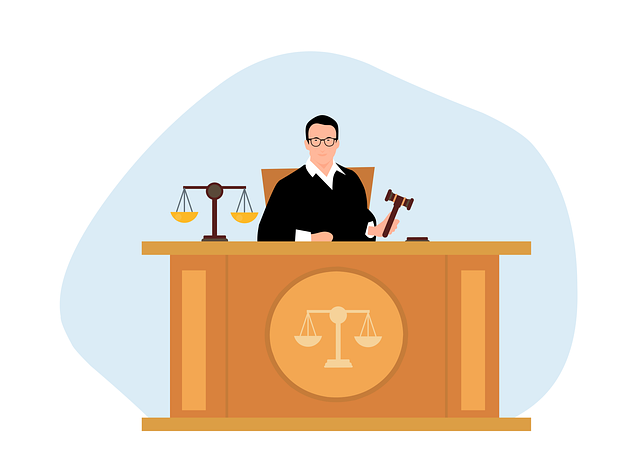
Hotel slip and fall incidents are common due to slippery floors, poor lighting, or uneven surfaces……..
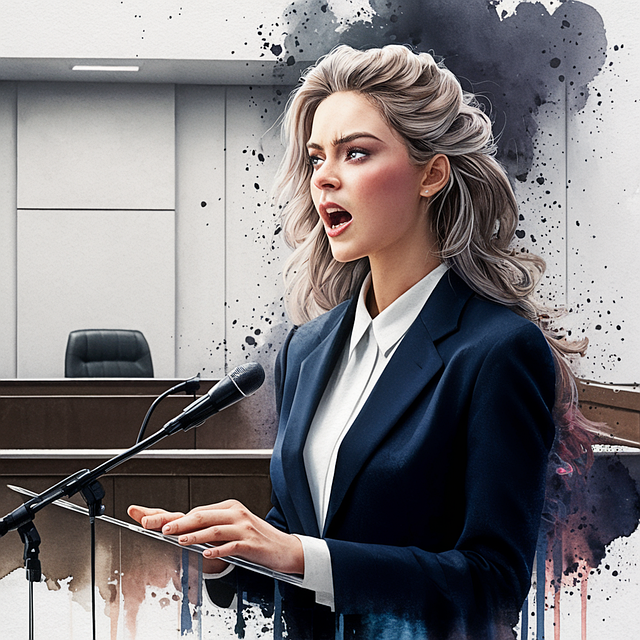
After a hotel slip and fall incident, immediate medical attention is essential for health and legal…….

After a hotel slip and fall, prioritize immediate medical attention to assess and document injuries,…….